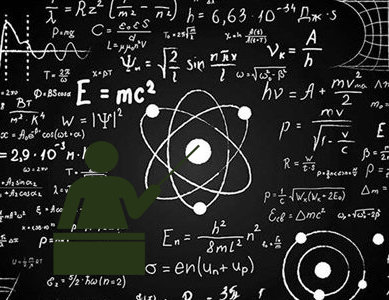The course is the main University-level introductory course in Physics.
The course aims to introduce students to the basic concepts and methodologies of Physics that are necessary background in the study of more advanced subjects such as Physical Chemistry, Biophysics, Biochemistry and in Science in general and its applications. The material focuses on areas of Physics that have not been sufficiently taught in secondary education and are related to Biotechnology such as Fluid mechanics, Thermodynamics, Optics and Modern Physics. It also introduces concepts in measurement methodologies and statistical data analysis that are necessary in almost all sciences.







